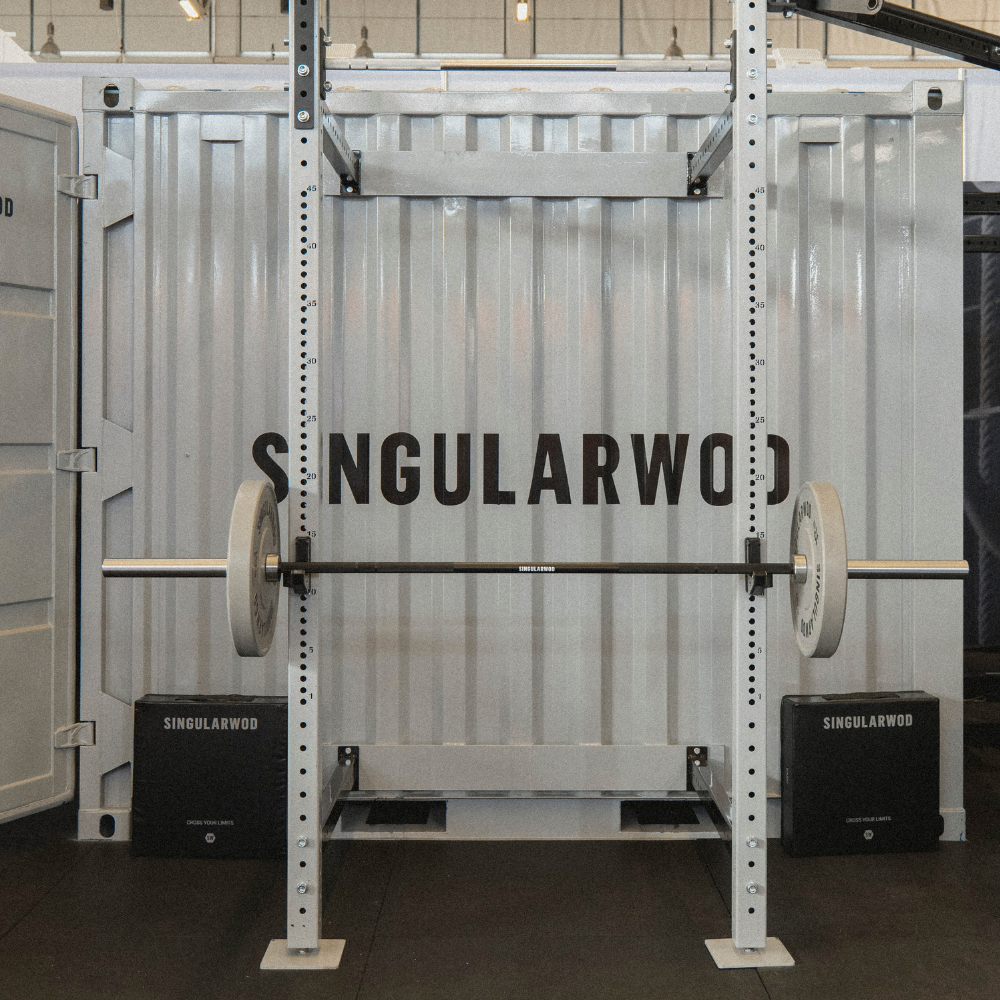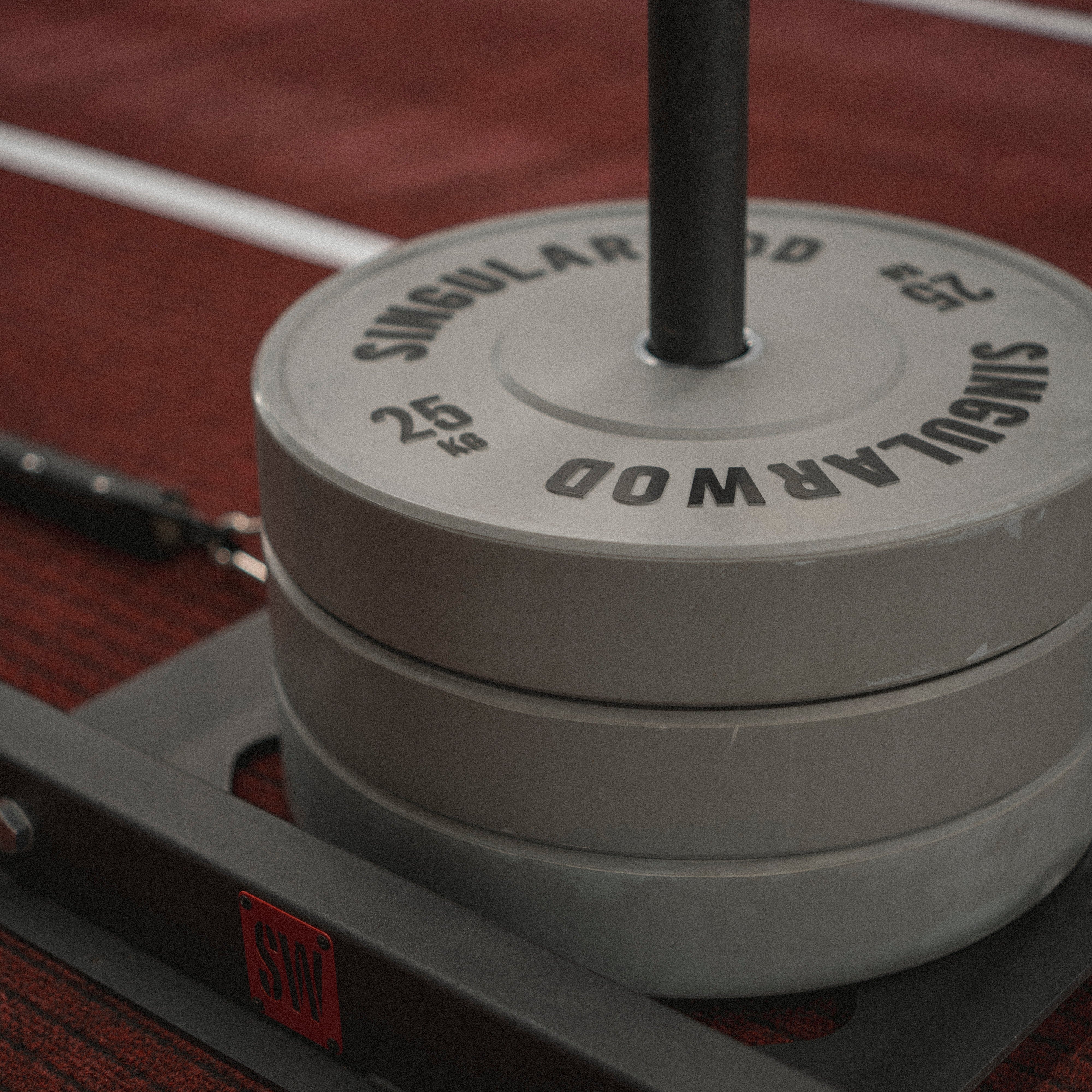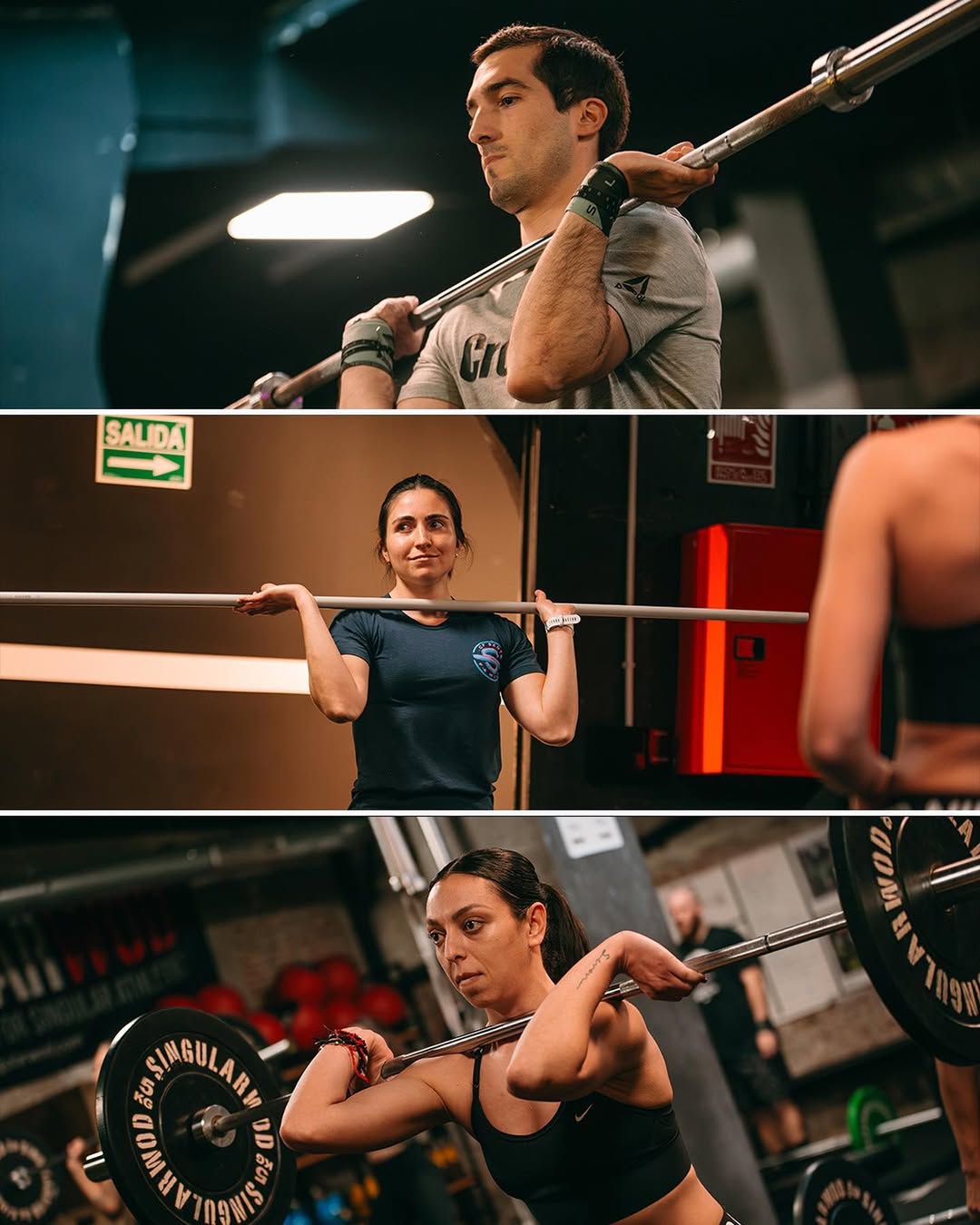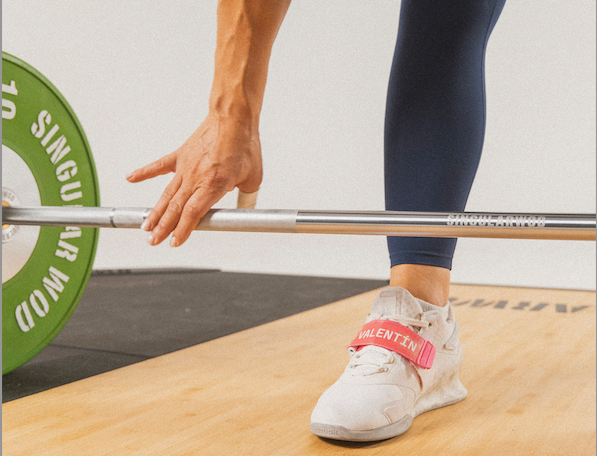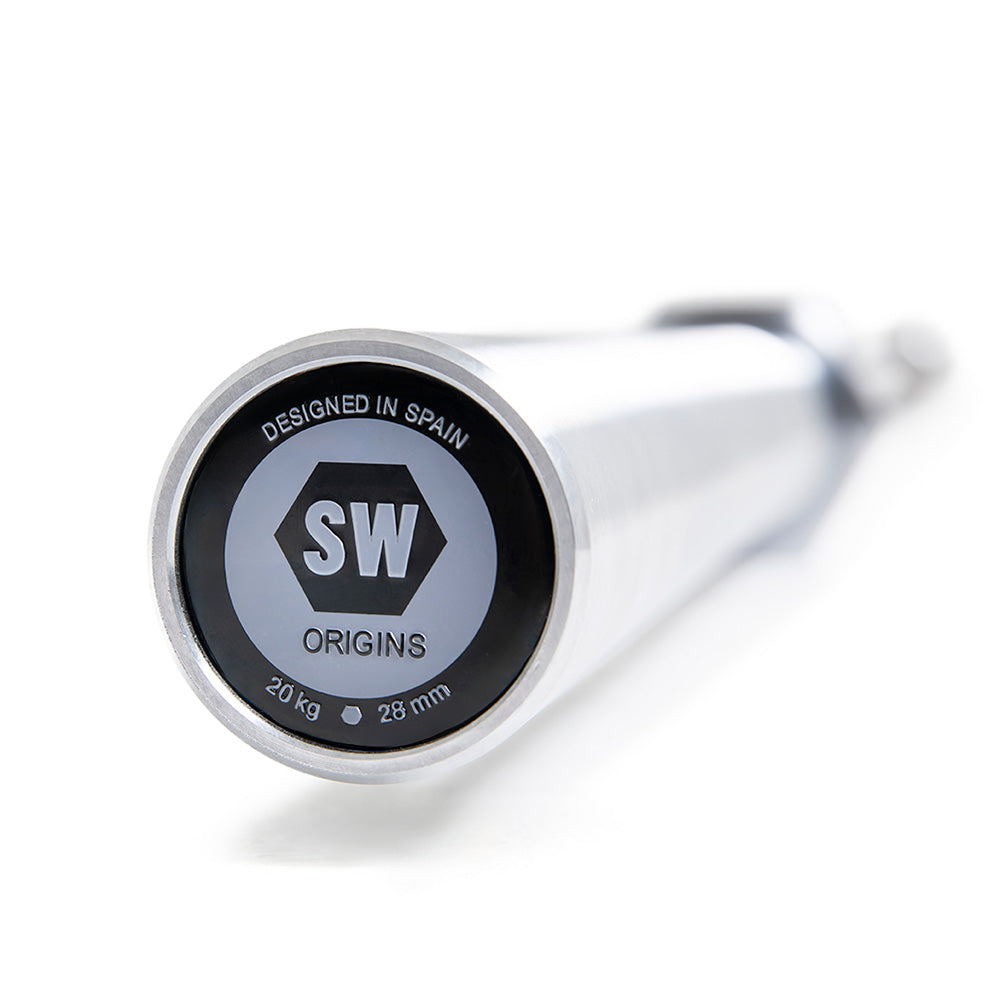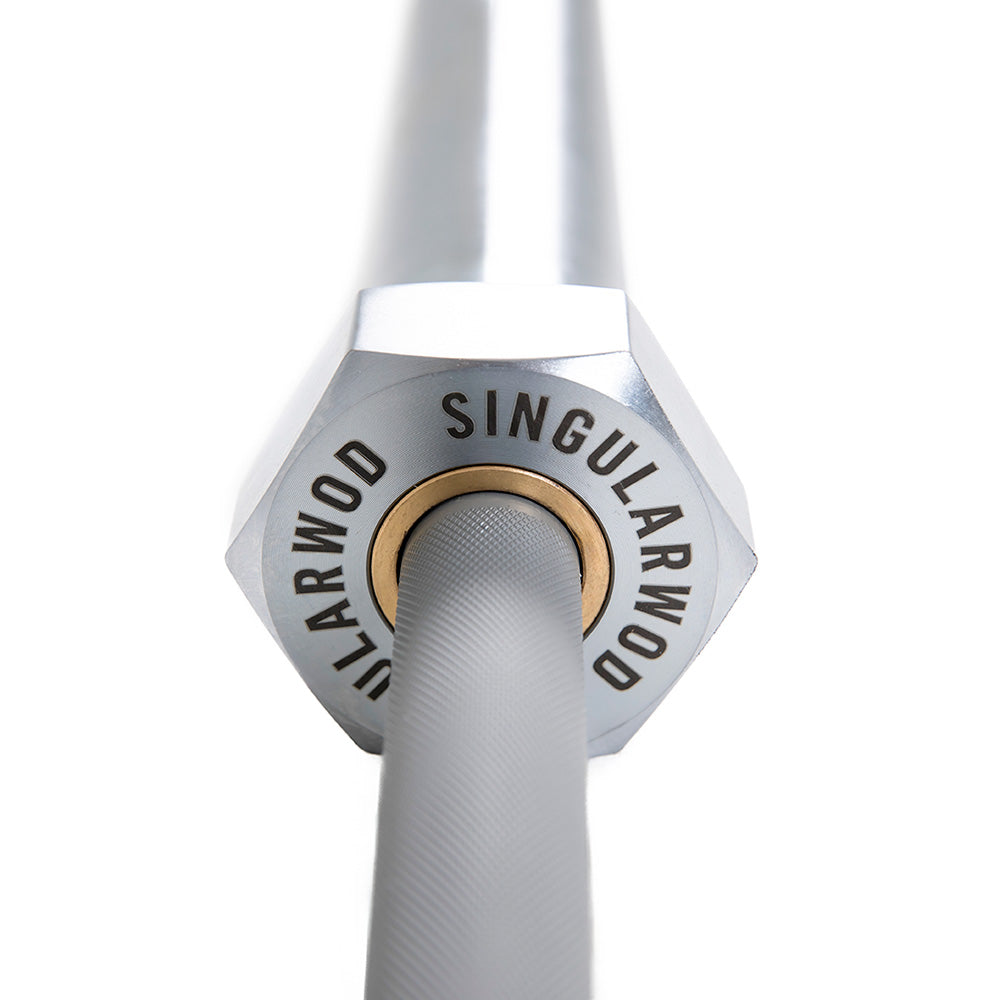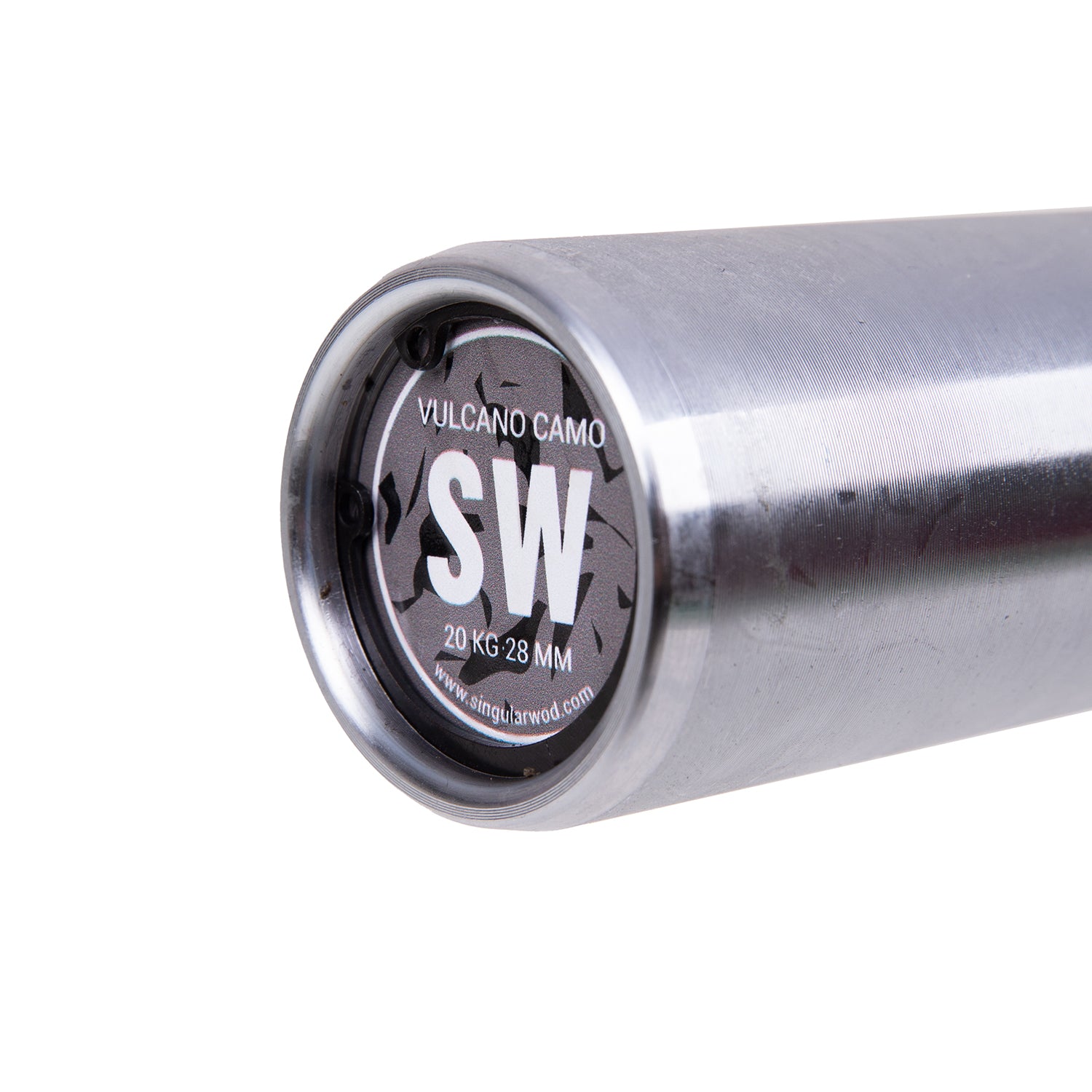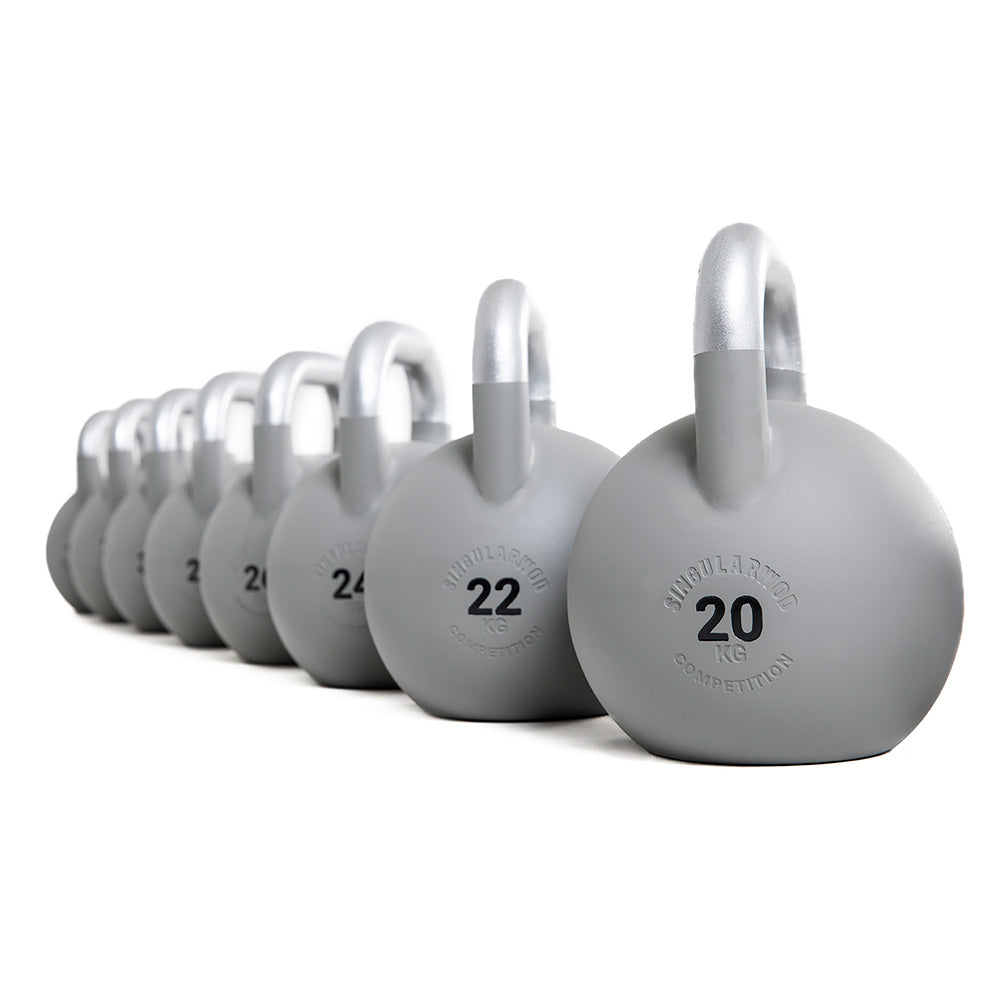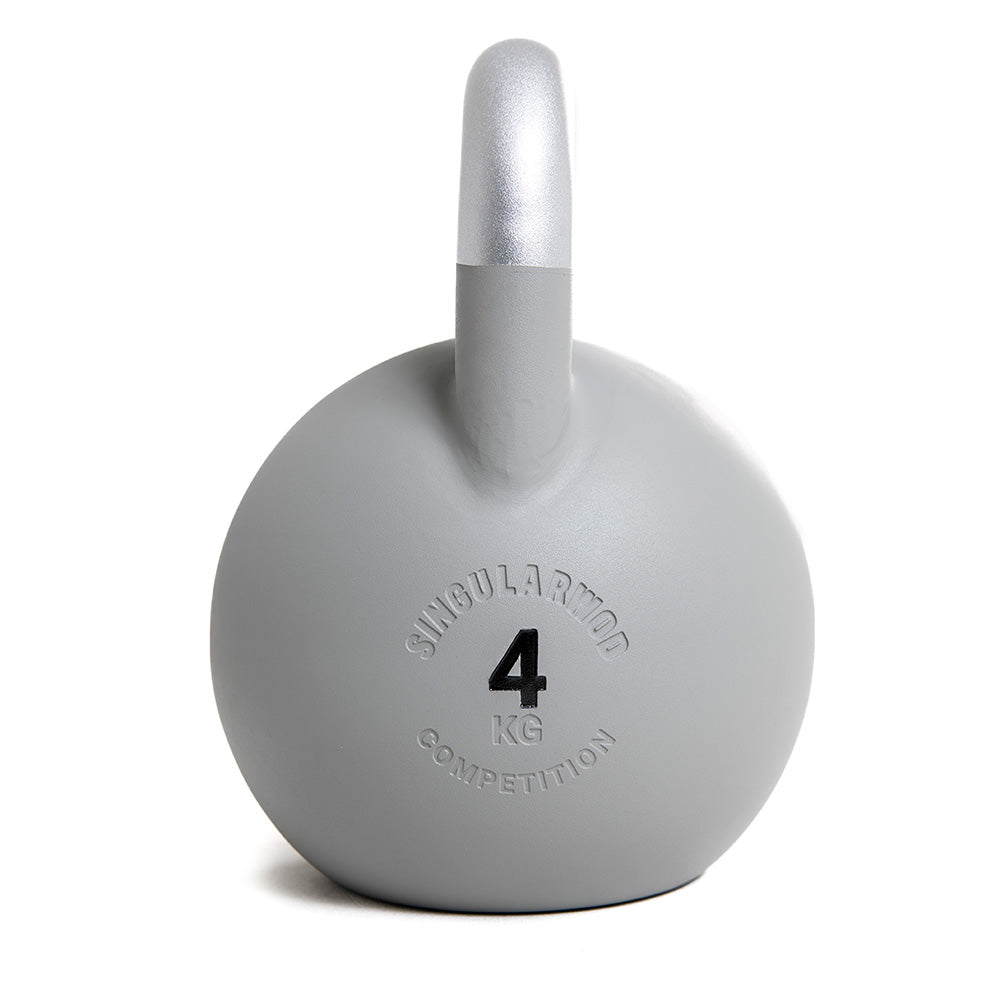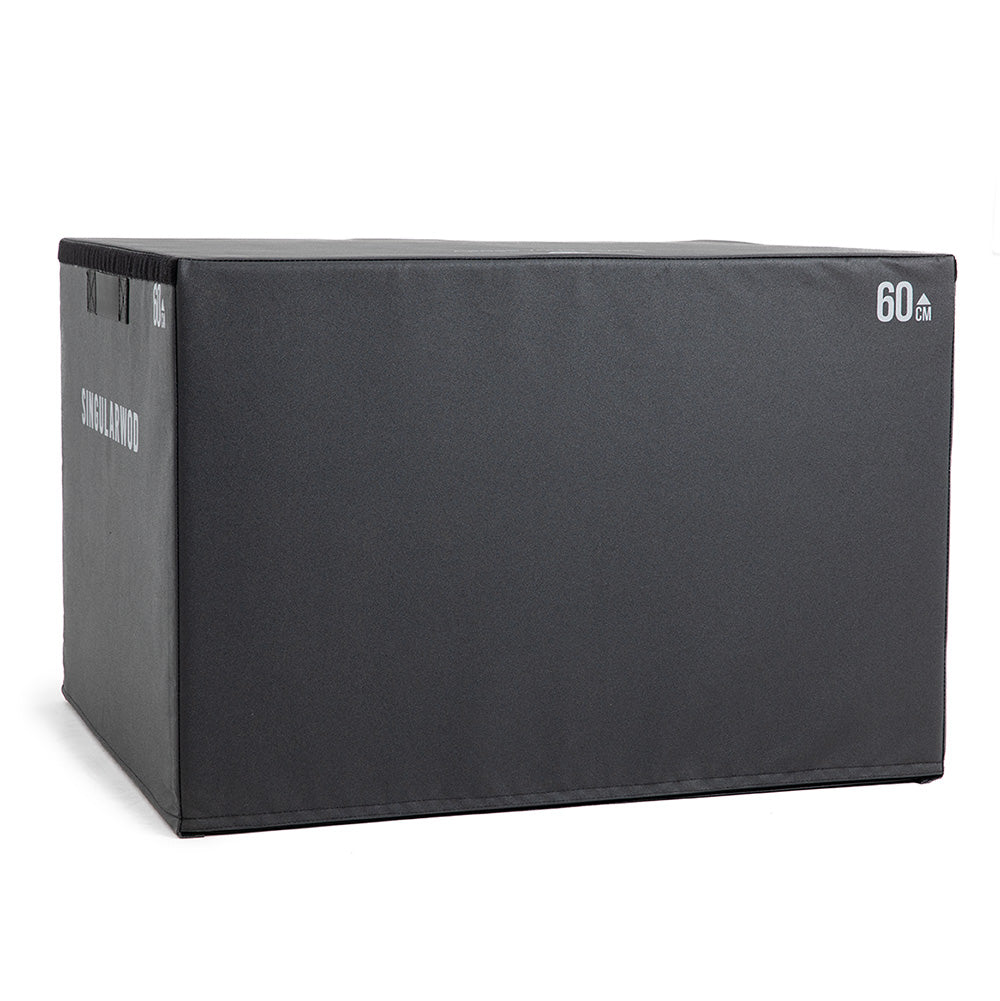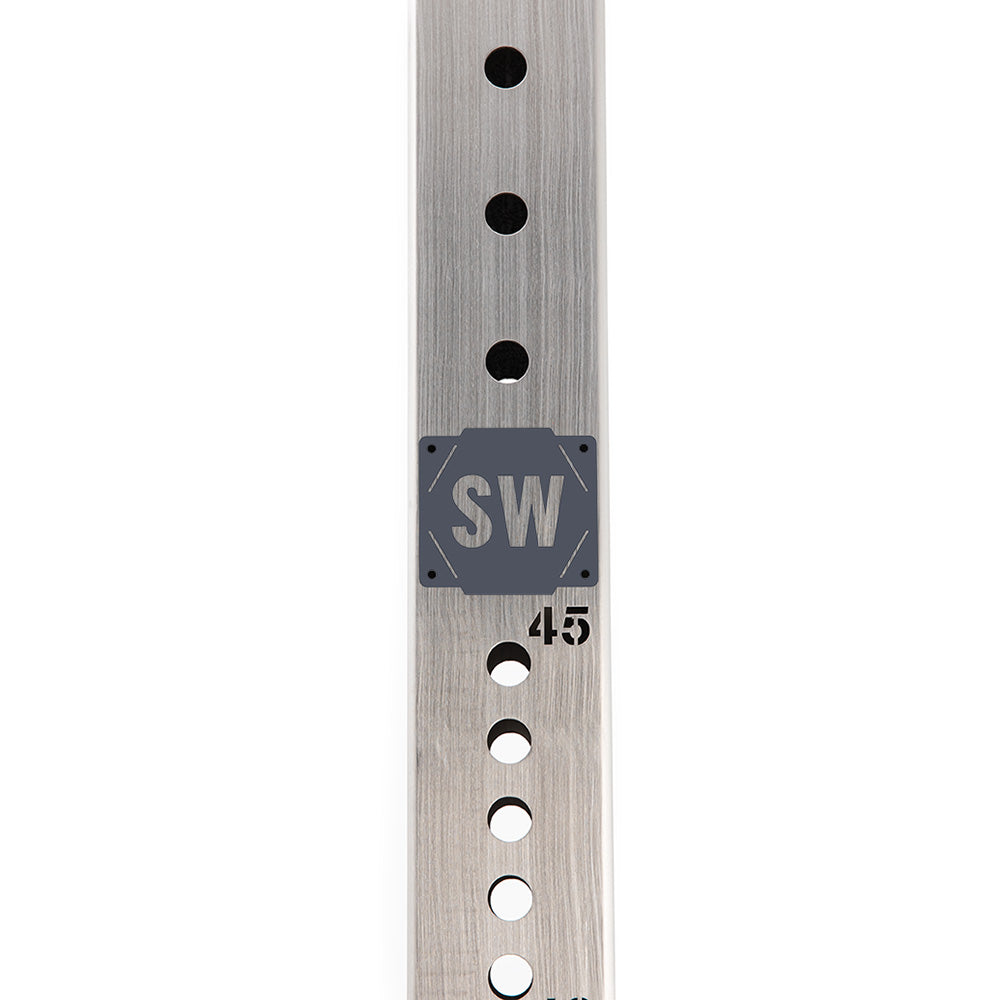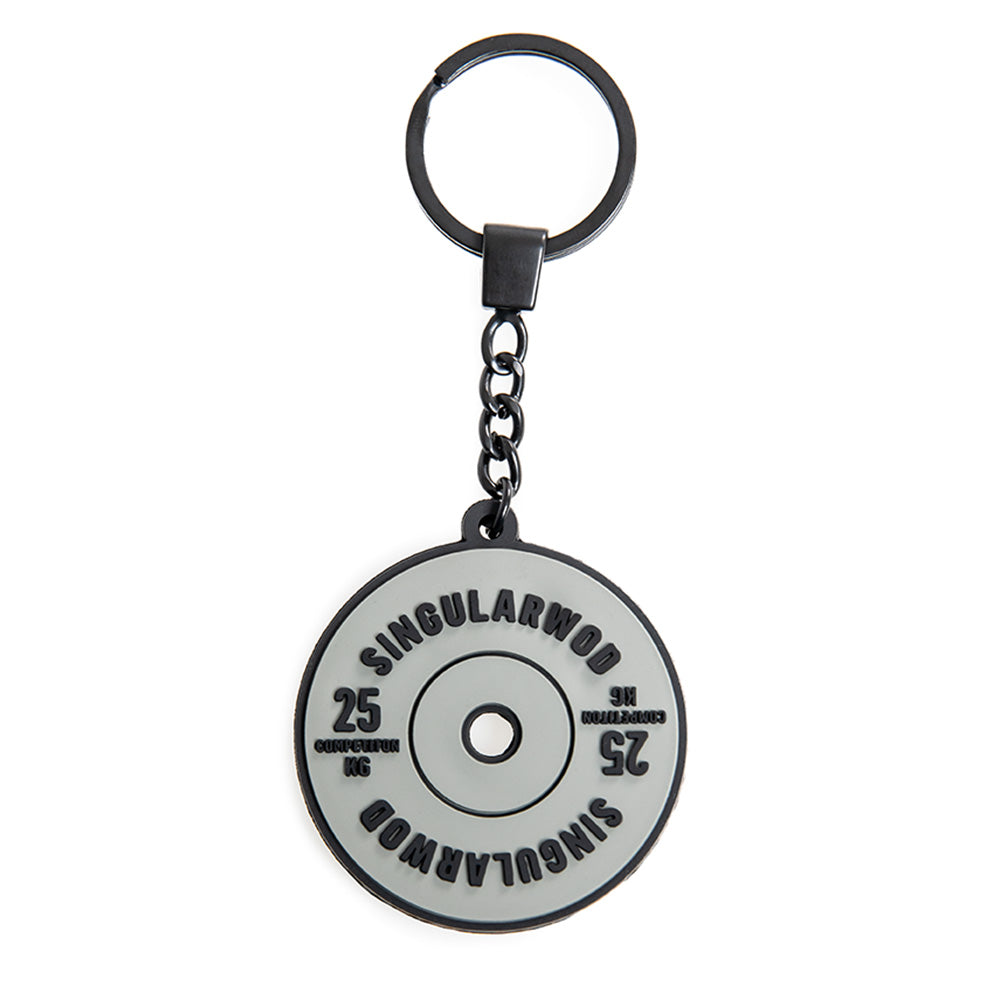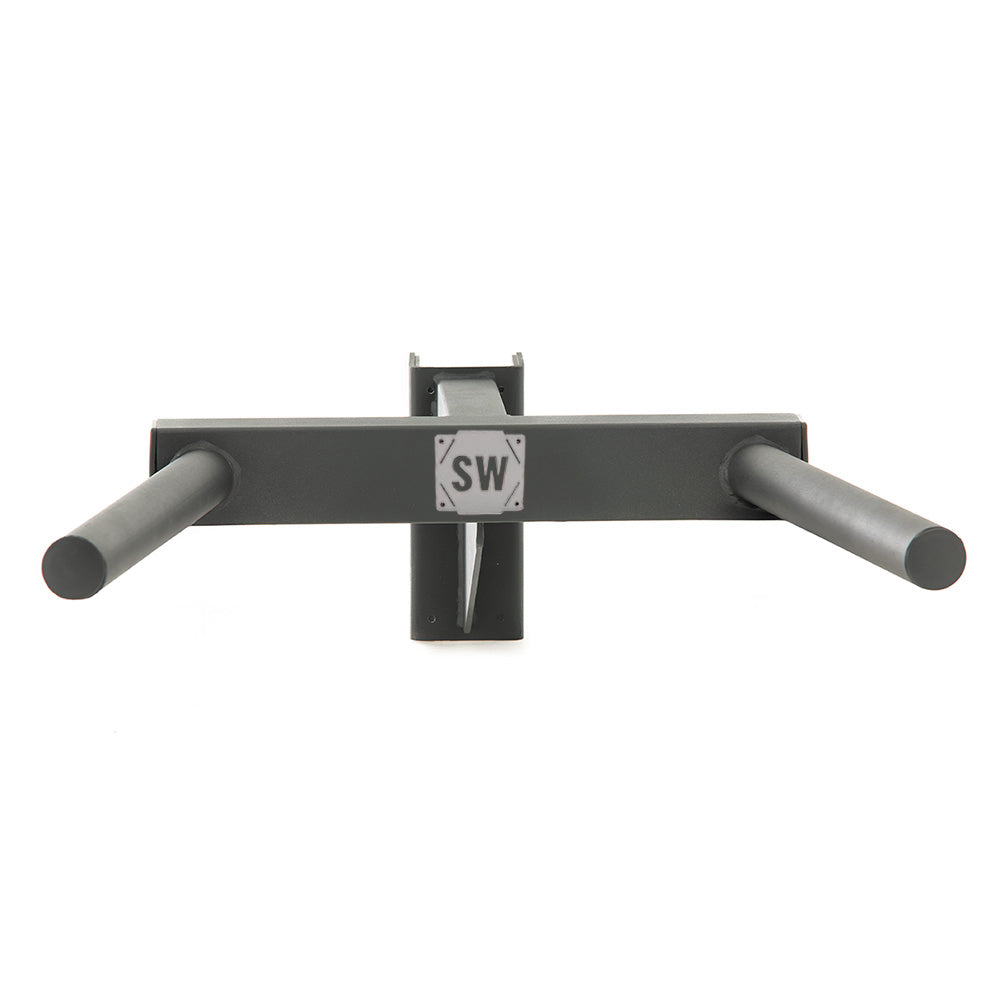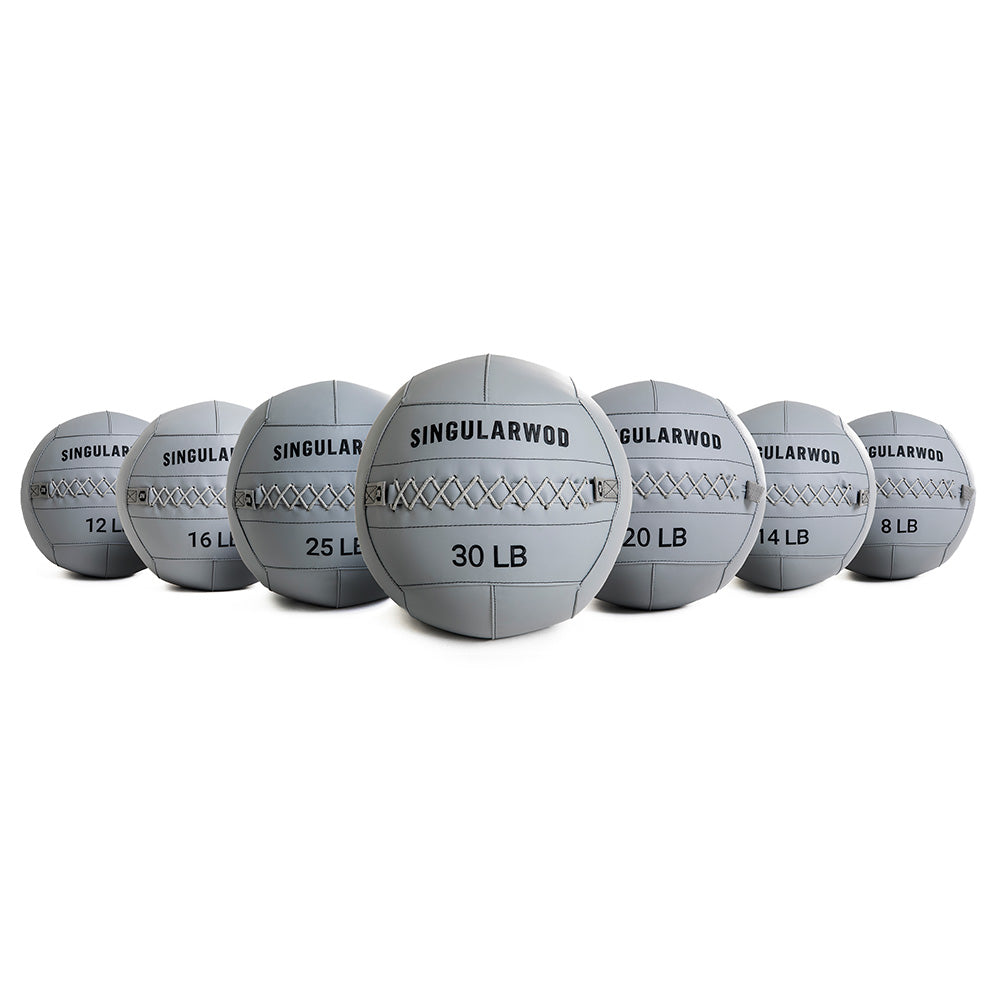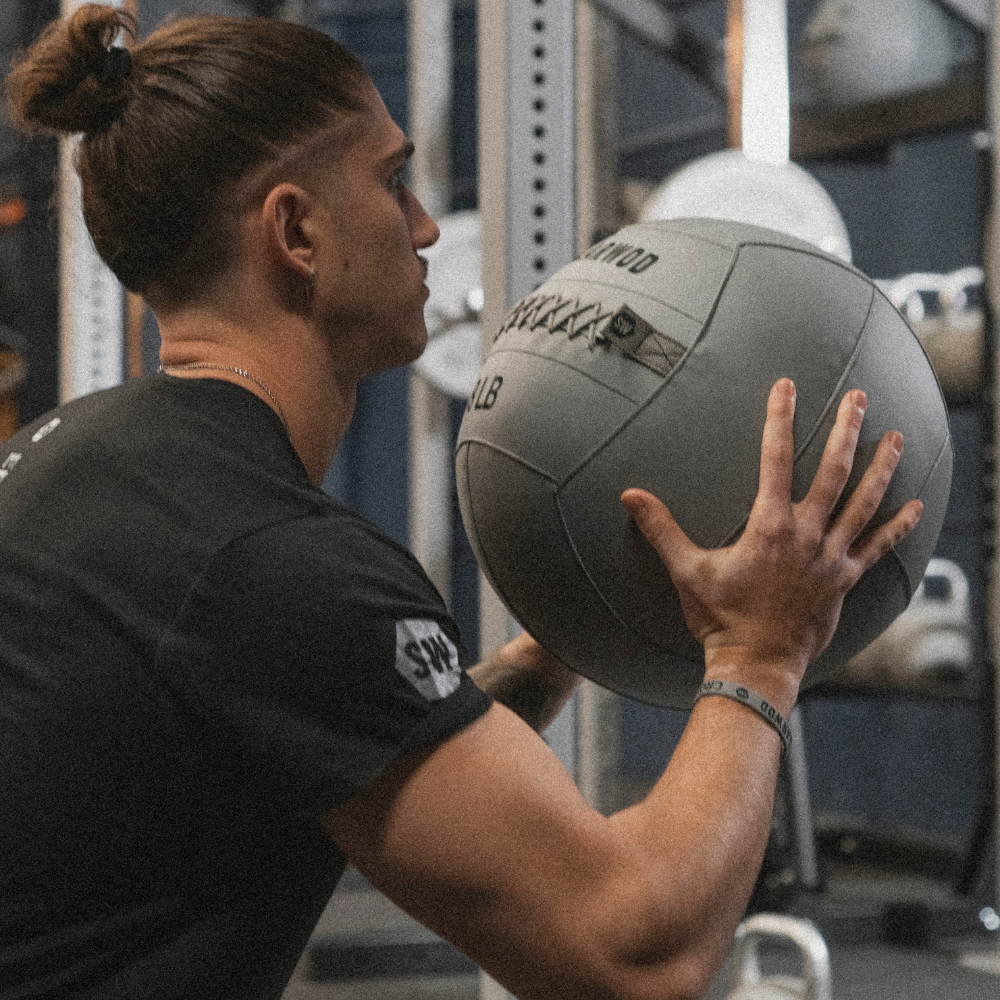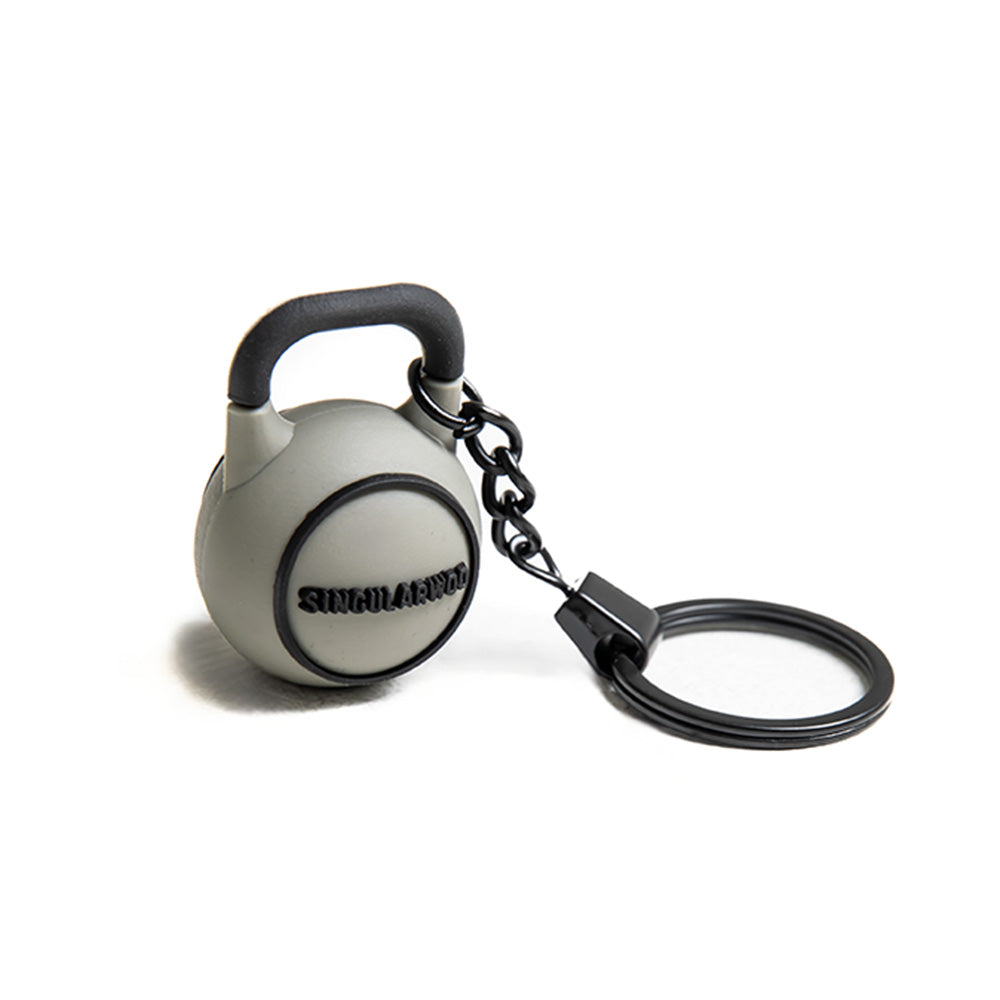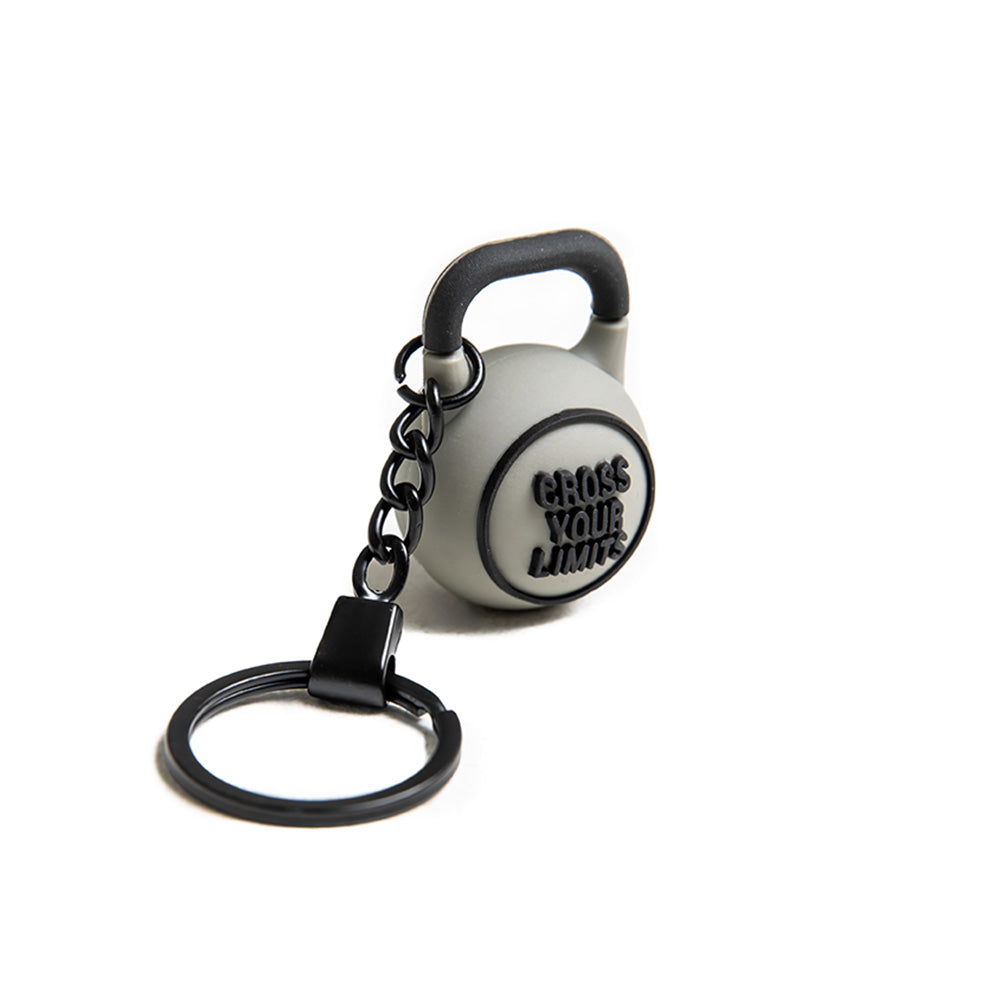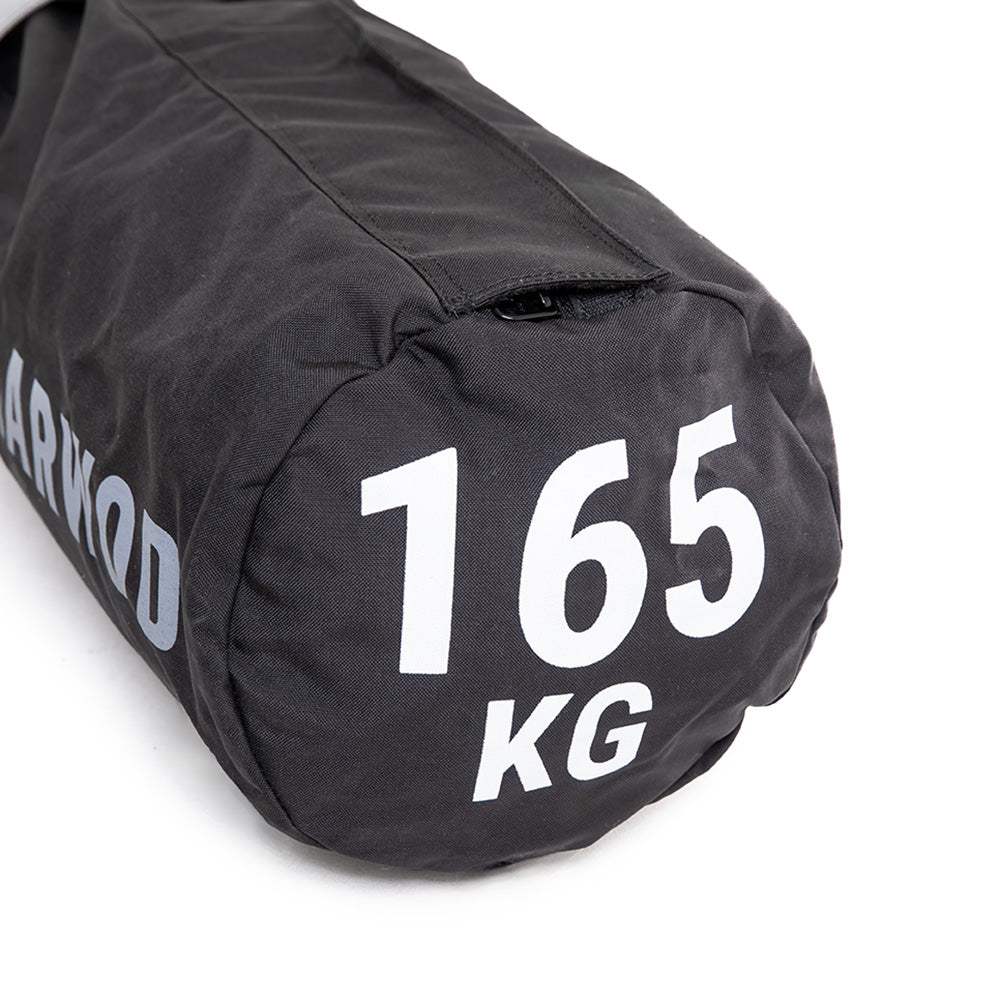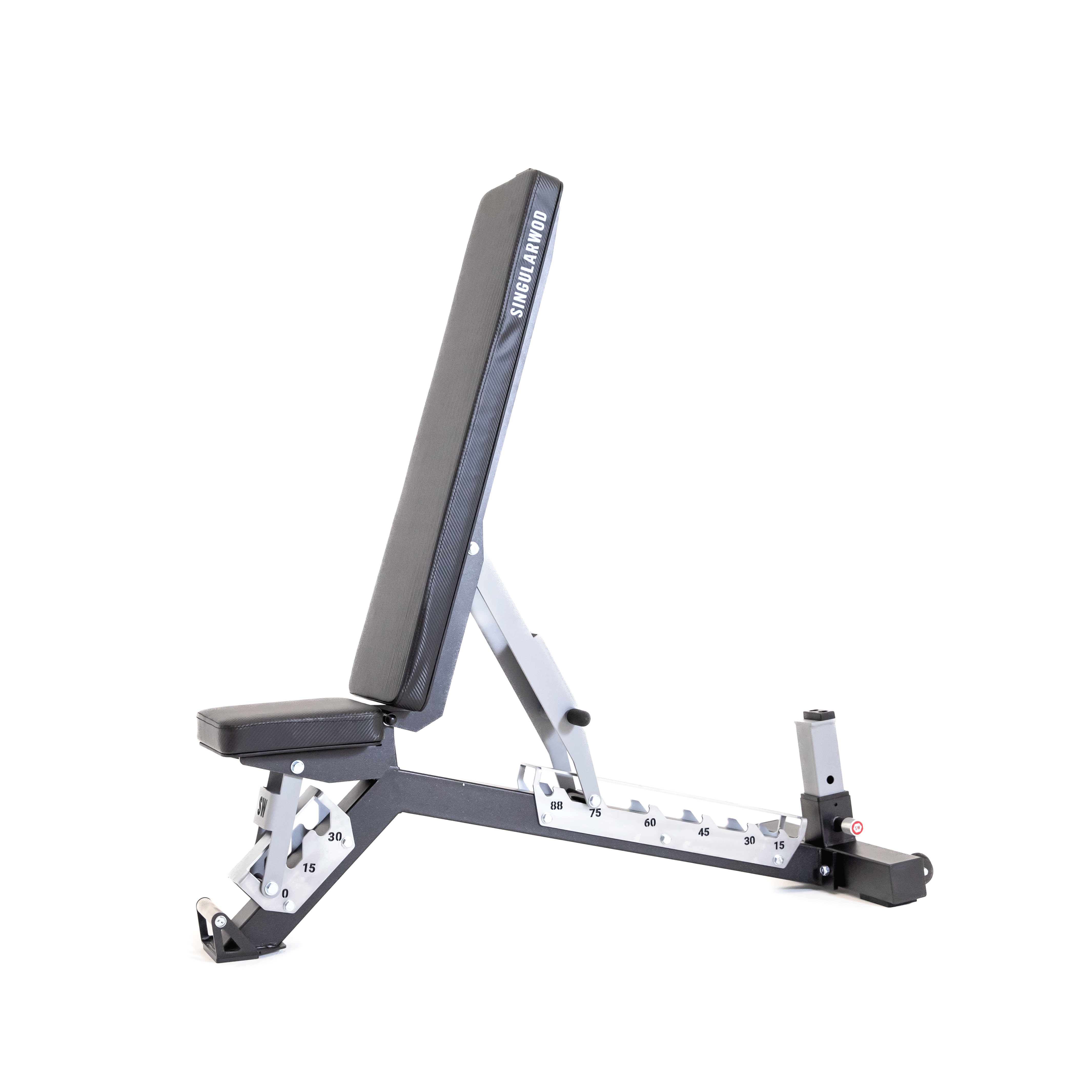We all have a time of day that we prefer to train: there are those who perform better in the morning, others at midday and many at the end of the afternoon. But science has spent years investigating whether there really is a “best” time of day to gain strength and muscle mass.

What science says
Evidence shows that our physical performance is not linear, but rather follows circadian rhythms: 24-hour biological fluctuations that affect body temperature, hormone secretion, neuromuscular function, and perception of effort.
Key findings:
· maximum force: Maximum voluntary contraction usually reaches its peak between 4:00 p.m. and 8:00 p.m.. This is related to a higher body temperature and more efficient neuromuscular activation (Chtourou & Souissi, 2012).
· anabolic hormones: Testosterone tends to be highest in the morning, while cortisol (catabolic hormone) is also elevated first thing in the morning, which may counteract some of the anabolic effect (Hayes et al., 2010).
· Training adaptations: a meta-analysis by Grgic et al. (2019) concluded that both hypertrophy and strength gains are similar whether you train in the morning or in the afternoon, as long as you are consistent.

What does it mean in practice?
If you train for general health and well-being, the most important thing is adherence: choose the schedule that best fits your routine.
If you train with a competitive objective, it is advisable to bring your sessions closer to the competition schedule. For example:
- If your test is first thing in the morning, train several times at that time so that your body adapts.
- If you compete in the afternoon, nothing happens if you concentrate your strong sessions in that time.
Consistency effect:
- Always training in the morning can “drag up” your basal strength in those hours, reducing the difference with the afternoon.
- Always training in the afternoon improves your strength at that time, but it doesn't transfer as much to the morning.
This suggests that our body adapts to the usual training schedule.

Practical examples
· Person with little time (mornings): If you can only train at 7:00 a.m., don't worry. Although you may notice less energy at first, your body will adjust body temperature, neuromuscular activation, and hormonal efficiency to that schedule after a few weeks.
· Cross Training Athlete: If your competition is at 6:00 p.m., try to do at least a couple of weekly sessions at that time so that your central nervous system gets used to it.
· General health goal: Training at a time that is most comfortable and sustainable for you in the long term will be more beneficial than chasing an “ideal” schedule that doesn't fit into your life.
Conclusion
There is no universally best schedule. Science suggests that peak strength and performance occurs in the evening, but the benefits in hypertrophy and strength can be achieved at any time of the day if you are consistent.
